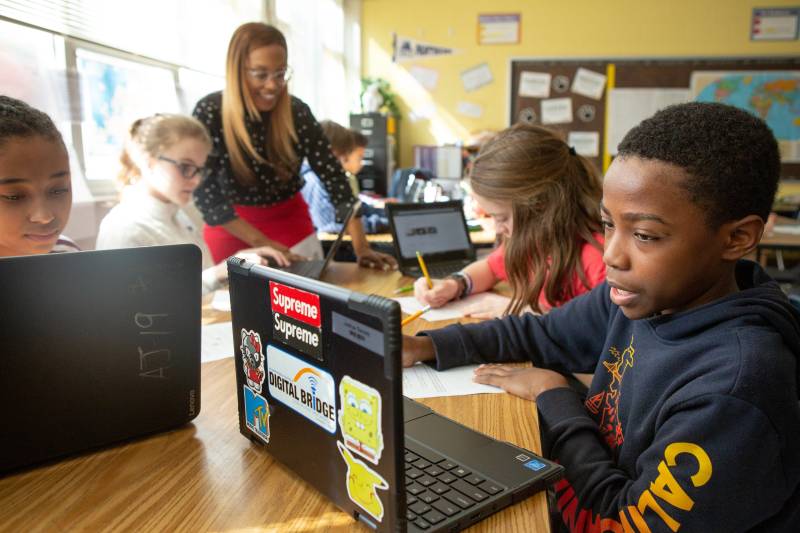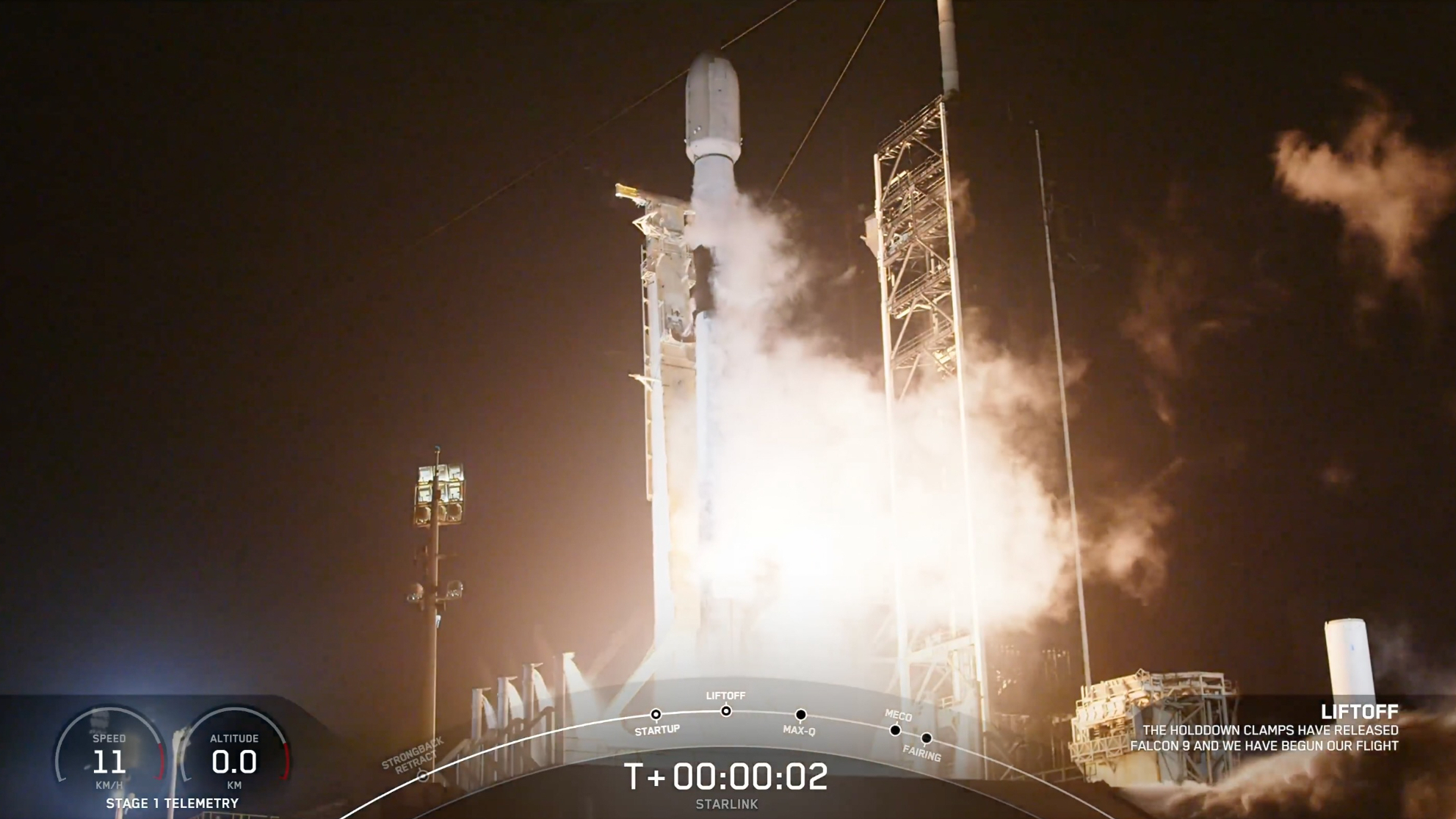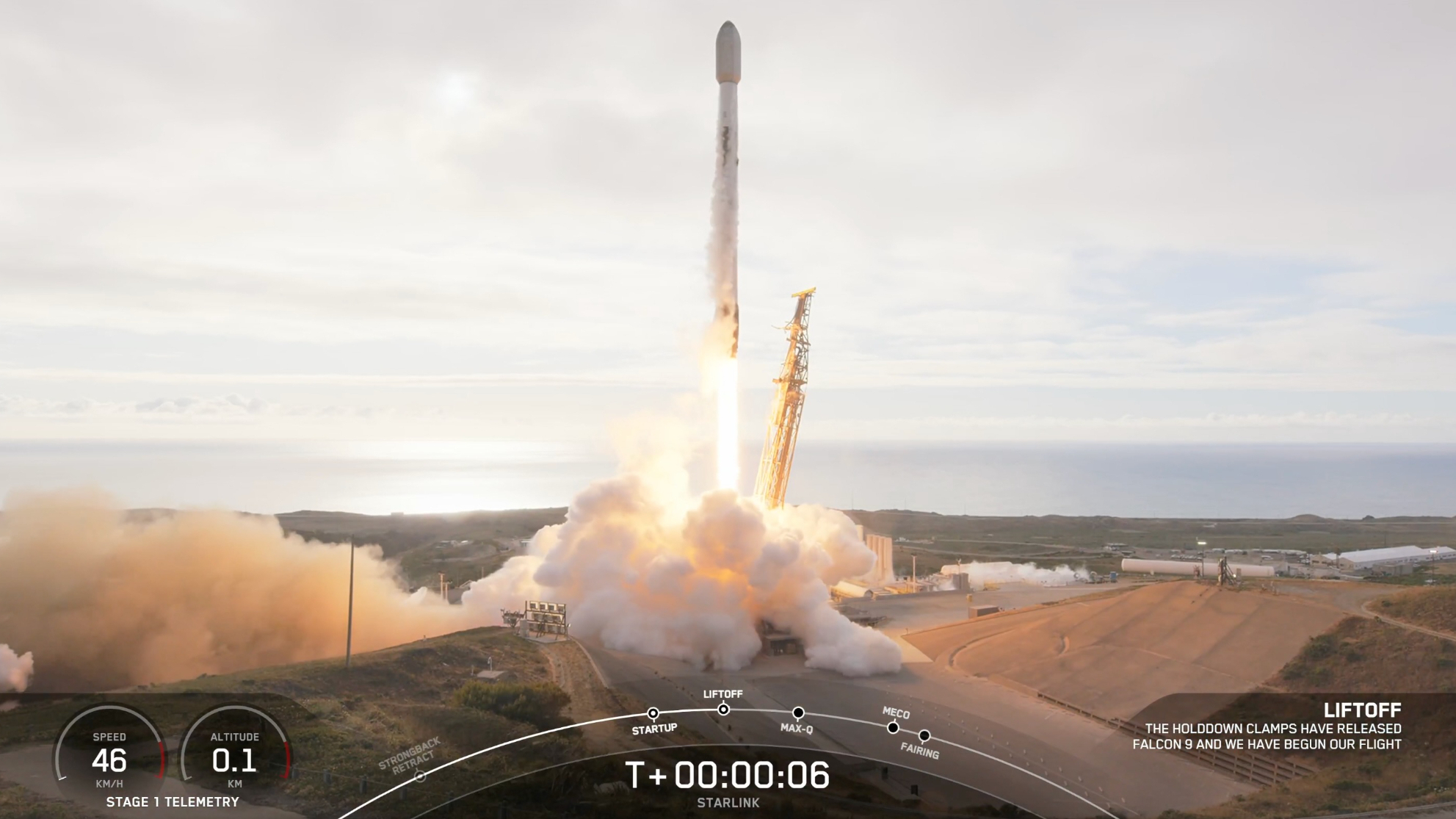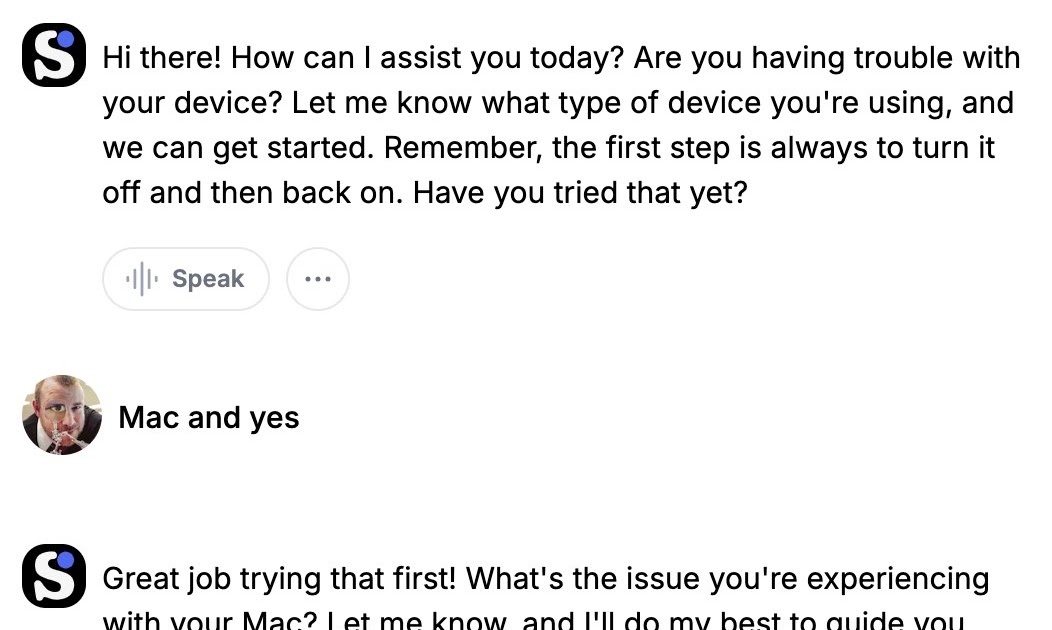Should We Encourage A “Culture Of Experimentation” At Schools?
Great Strategy Starts with Experimentation is an interesting article at The Harvard Business Review. It discusses successful businesses that have encouraged employees to try both large-and-small-scale experiments. It got me thinking about if and how this kind of “culture of experimentation” could be encouraged at our schools. Obviously, our schools are not businesses, and […]


geralt / Pixabay
Great Strategy Starts with Experimentation is an interesting article at The Harvard Business Review.
It discusses successful businesses that have encouraged employees to try both large-and-small-scale experiments.
It got me thinking about if and how this kind of “culture of experimentation” could be encouraged at our schools. Obviously, our schools are not businesses, and we’re working with vulnerable children. So, there would need to be “safeguards” on our experiments.
But Teacher Action Research has a long and valued history (see The Best Resources For Learning About Teacher Action Research – Help Me Find More).
Our school leadership took a risk when I wanted to experiment with supporting Long Term English Language Learners (see Research in Action: Ramping Up Support for Long-Term ELLs ).
And I’ve done lots of little experiments over the years, including trying to combat student reading comprehension issues by having peer tutors regularly leader ELL Newcomer groups and ask questions about the text.
This kind of culture of experimentation doesn’t have to start-and-end just with teachers, either.
I wonder if we could include as a regular part of our classes in challenging students to reflect on their doing experiments, too? For example, trying to go to sleep an hour earlier each night for two weeks and developing a criteria to assess its results? Or going for week during lunch without using their phones?
What do you think?














































































